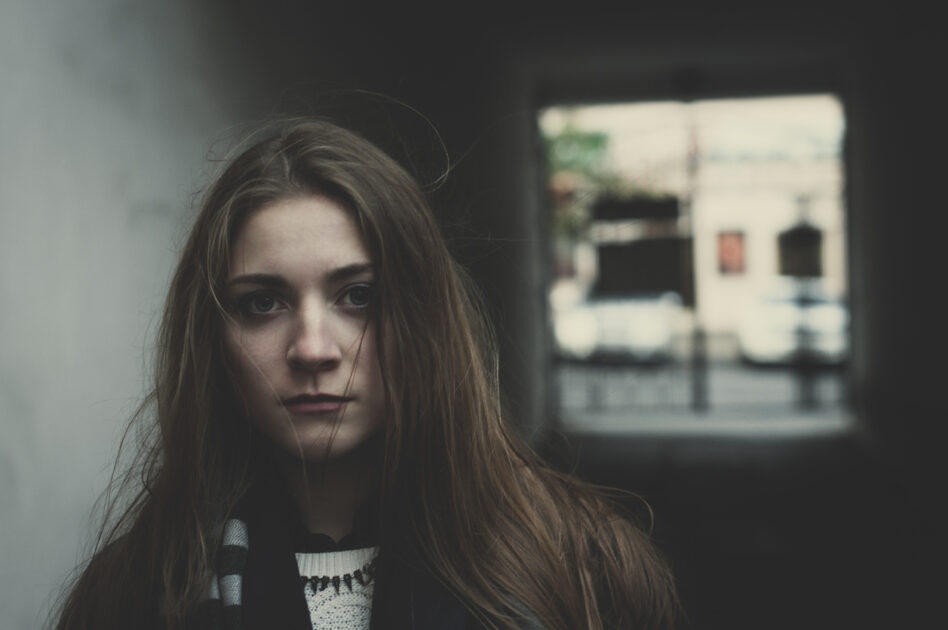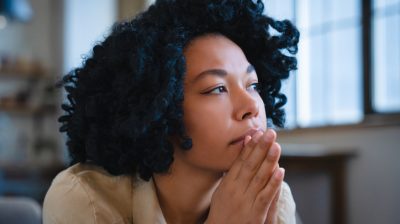What is a phobia and what can I do about one?
Learn more about phobias and how to cope

Most of us are scared of one thing or another, but for some people that fear can turn into a phobia. A phobia is an intense feeling of anxiety that someone has that is out of proportion to the threat that faces them. A phobia will strike each time a sufferer is faced with the situation that scares them.
If a phobia becomes very severe, a person may spend their time avoiding the thing that’s causing them anxiety. A phobia is a type of anxiety disorder, and you may not experience any symptoms until you come into contact with the source of your phobia. A phobia is distinct from generalized anxiety in that it is not general, but has a specific focus.
In some cases, even thinking about the source of a phobia can make the person feel anxious or panicky. This is known as anticipatory anxiety.
What causes phobias?
Phobias are complicated and don’t always have a single cause. They may be due to a particular incident or trauma, or may be a learned response picked up from a parent, or maybe there is no visible cause for them.
Symptoms of phobias may include
- Dizziness
- Nausea
- Sweating
- Increased heart rate
- Shortness of breath
- Trembling or shaking
- An upset stomach
Examples of phobias
Phobias are categorised into two categories. Simple phobias and complex phobias.
Simple phobias
Some of the simple phobias include:
- Animal phobias- such as dogs, cats, spiders, rodents.
- Environmental phobias- heights, germs.
- Situational phobias- flying or visiting the dentist.
- Bodily phobias- blood, vomit or having injections.
- Sexual phobias- such as performance anxiety or the fear of getting a sexually transmitted infection, or the fear of becoming pregnant.
Complex phobias
Complex phobias tend to be more disabling than simple phobias. They include Agoraphobia and Social phobia.
Agoraphobia
Agoraphobia is often thought of as a fear of open spaces, but it's much more complex than this. Someone with agoraphobia will feel anxious about being in a situation where escaping may be difficult if they have a panic attack. The anxiety usually results in the person avoiding situations such as being alone, being in crowded places, or travelling on public transport.
Social phobia
Social phobia, also known as social anxiety disorder, centres around feeling anxious in social situations. If you have a social phobia, you might be afraid of speaking in front of people for fear of embarrassing yourself and being humiliated in public.
In severe cases, this can become debilitating and may prevent you from carrying out everyday activities, such as eating out or meeting friends. Learn more about social anxiety disorder here.
Using exposure as a way to overcome your phobia
Fears and phobias are very treatable. One method of treating phobias is known as ‘exposure’ and involves you spending time in the situations that you fear the most. The idea of exposure may sound scary and make you feel uncomfortable, but trust in the process and give it a go.
To work properly exposure needs to be done regularly with someone supportive like a counsellor who can help you through the process. You will probably feel anxious at first but this is perfectly normal.
A lot of people with fears and phobias deal with them by avoiding the situation or thing that scares them. However, this is often counterproductive as it won’t allow you to deal with the issue or move past it. In order to work through your phobia you will need to face it head on.
For more information on anxiety please read our factsheets on anxiety, and tips on tackling anxiety and how to help a friend with anxiety.






